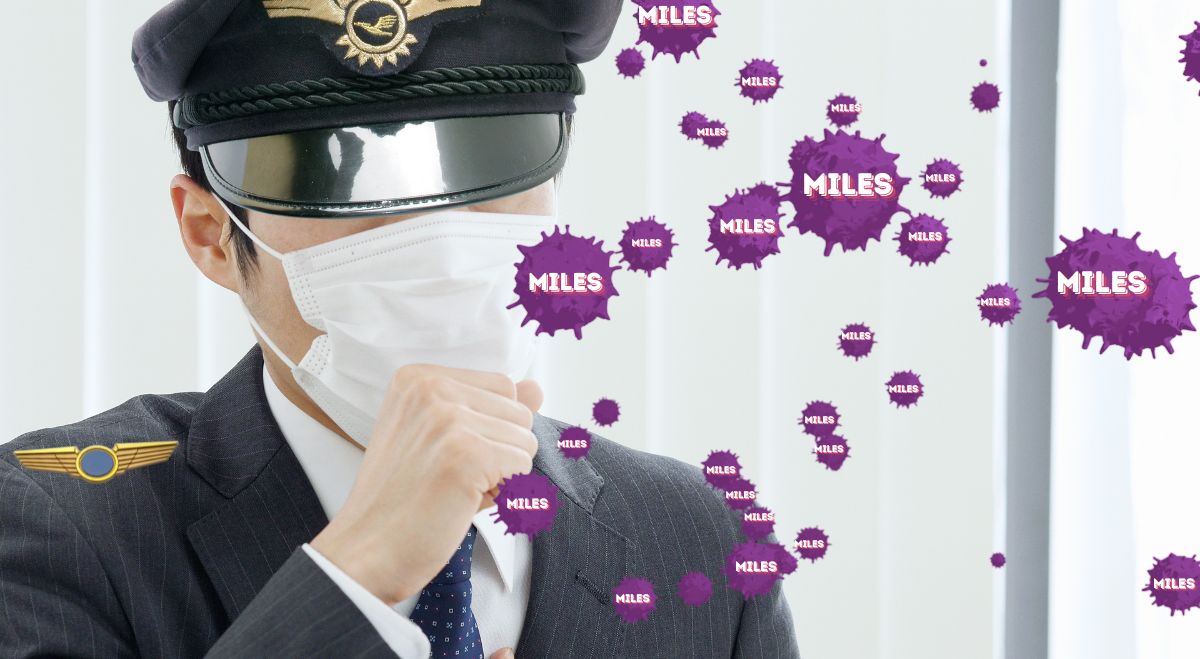Utah-based Xlear is suing the federal government over the FTC Act, claiming federal overreach.
 (Bethany Baker | The Salt Lake Tribune) Xlear President Chad Slaughter points out machinery during a tour of the production line at Xlear, Inc. in American Fork on Wednesday, April 16, 2025.
(Bethany Baker | The Salt Lake Tribune) Xlear President Chad Slaughter points out machinery during a tour of the production line at Xlear, Inc. in American Fork on Wednesday, April 16, 2025.
A Utah-based nasal spray company, Xlear, is challenging the Federal Trade Commission (FTC) over its requirement for companies to substantiate their marketing claims. Xlear argues that the FTC Act does not explicitly require such proof, and this requirement stifles innovation and harms American businesses.
The Legal Battle Continues
This lawsuit marks a new chapter in a four-year legal battle between Xlear and the FTC. The FTC had previously sued Xlear for claiming its xylitol nasal spray could help treat or prevent COVID-19, arguing these claims were not supported by substantial evidence. Xlear, however, maintains that its claims are based on scientific studies, though these did not meet the FTC's stringent standards.
Implications for the Marketplace
If successful, Xlear's case could sharply diminish the FTC’s power to regulate marketing claims, potentially reshaping industry rules. The company's CEO, Nathan Jones, believes the FTC's requirements are harmful to innovation and industry, which are foundational to American culture.
On the other hand, Sam Levine, former head of the FTC’s Consumer Protection Bureau, argues that the FTC Act ensures a free and fair market by holding companies accountable for their claims, thus protecting consumers from misleading information.
The Broader Impact
Xlear's lawsuit is significant as it is the first major legal challenge to a federal agency since the 2024 Supreme Court case Loper, which overturned the Chevron deference doctrine. This change allows judges to overrule federal agencies' interpretations of ambiguous statutes, potentially limiting the FTC's ability to regulate marketing claims.
Xlear's attorney, Rob Housman, argues that the burden of proof should lie with the FTC to disprove a company's claims, rather than the company having to prove their statements are true. This shift could have far-reaching consequences for how marketing claims are regulated in the future.







Comments
Join Our Community
Sign up to share your thoughts, engage with others, and become part of our growing community.
No comments yet
Be the first to share your thoughts and start the conversation!